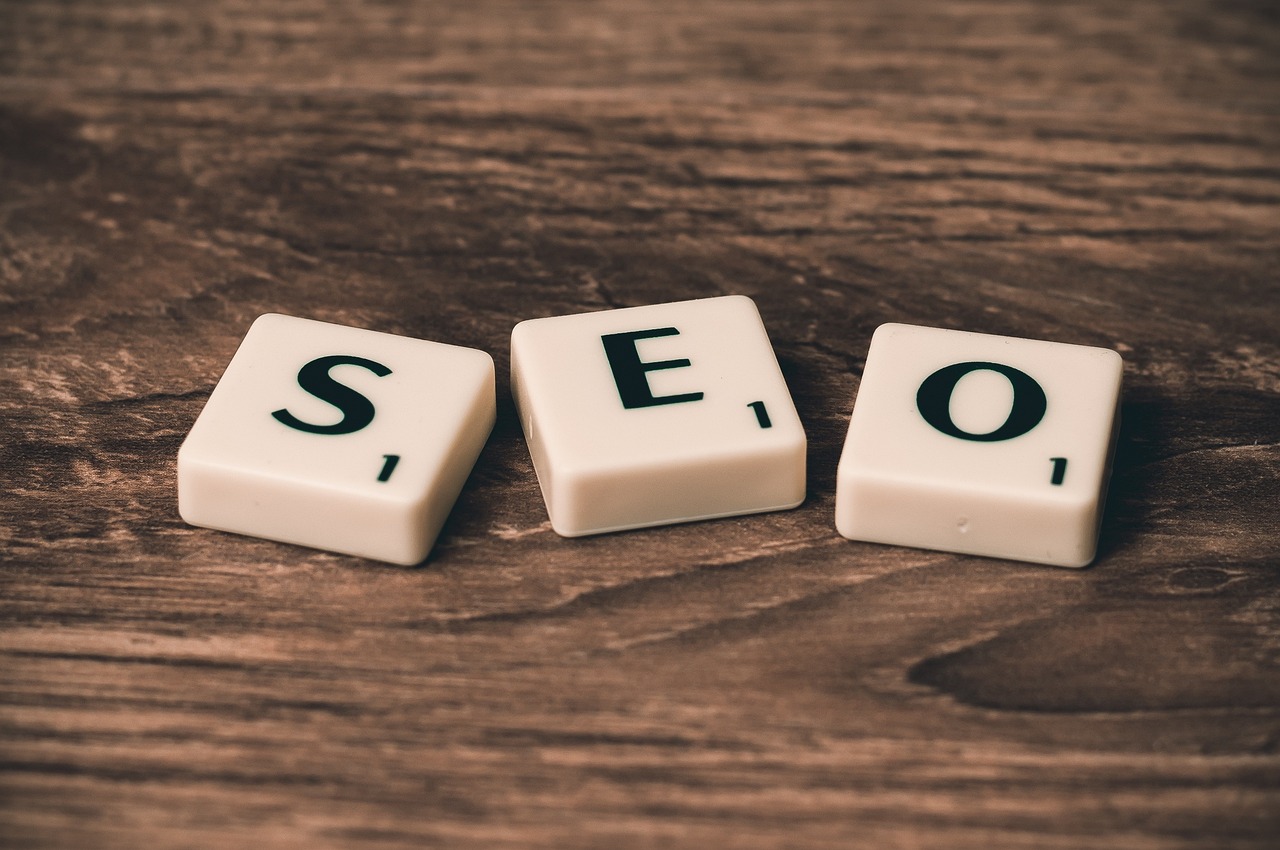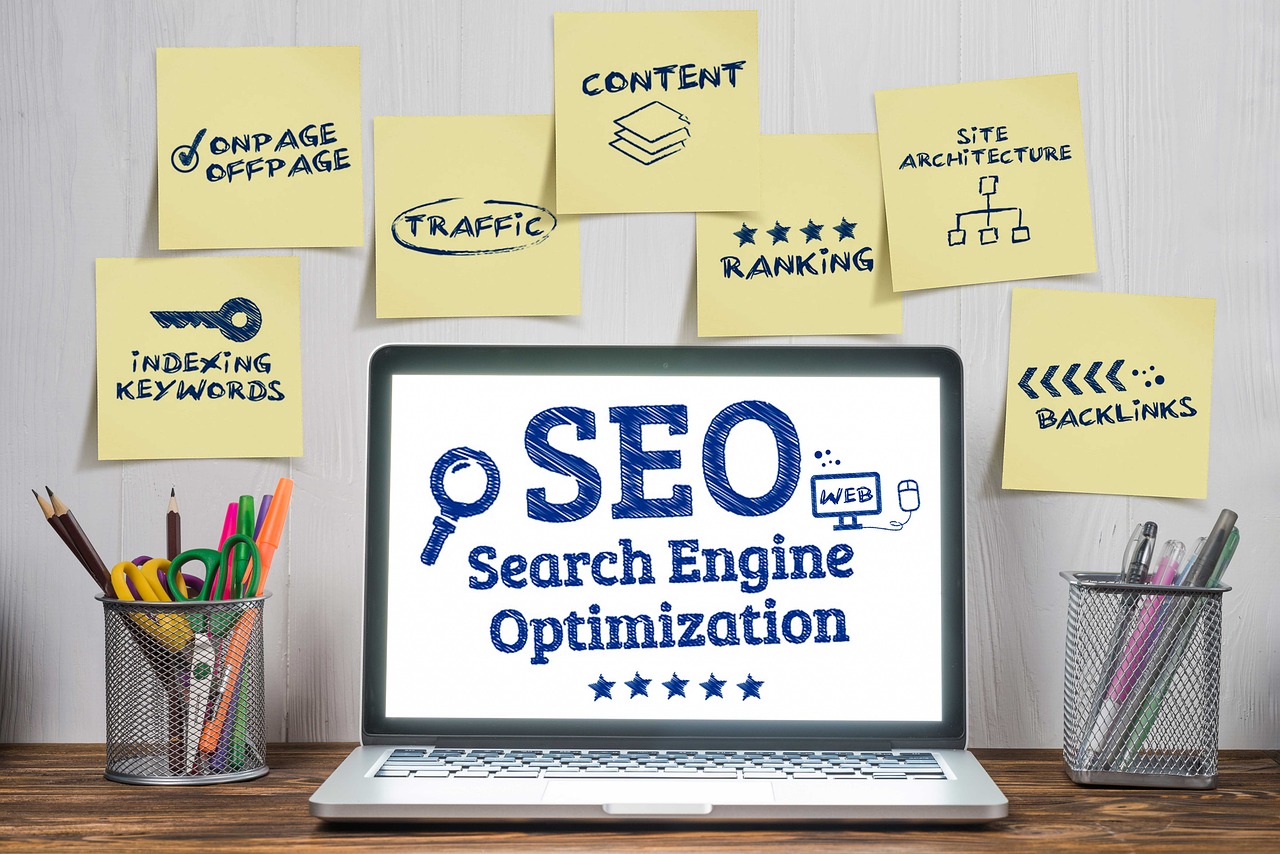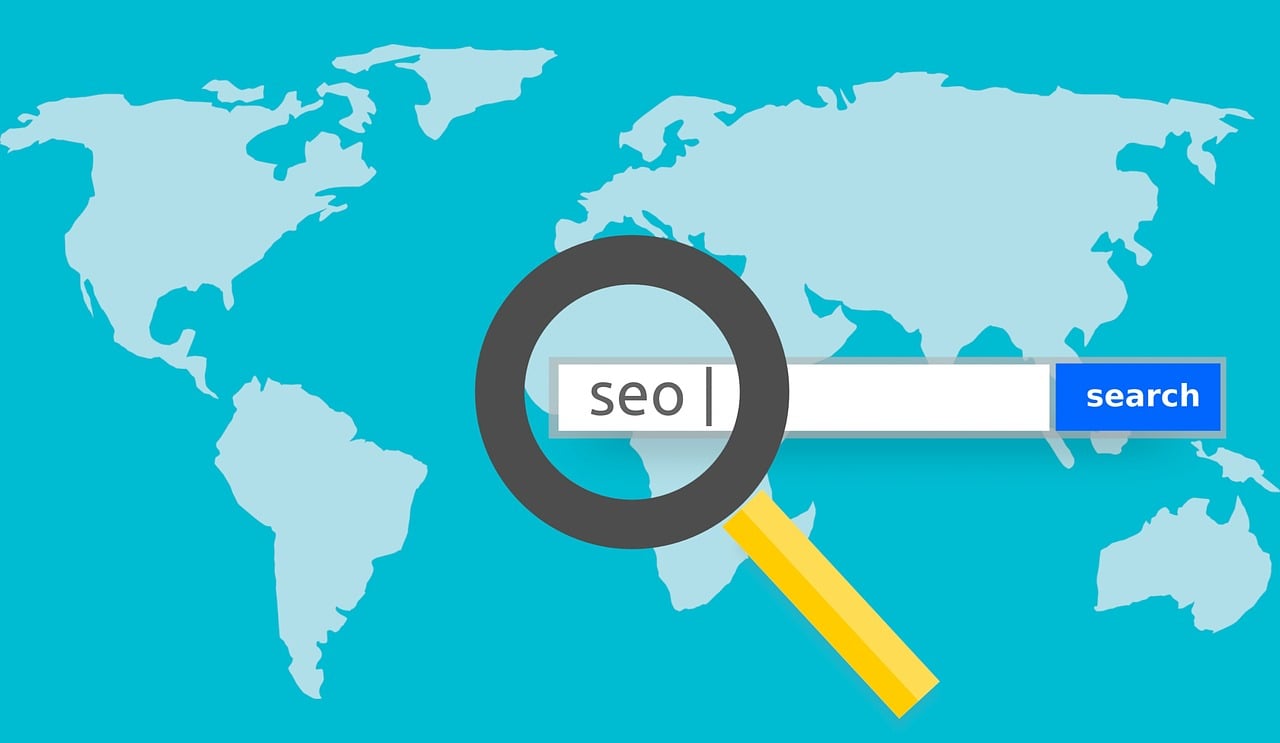
In today’s competitive digital landscape, Search Engine Optimization (SEO) is vital for improving website visibility and driving organic traffic. While there are several aspects of SEO, On-Page SEO plays a foundational role in ensuring that your site is both user-friendly and search engine-friendly.
In this blog, we’ll break down what on-page SEO entails, why it matters, and how you can optimize your website for better rankings.
What is On-Page SEO?
On-page SEO refers to all the actions you take directly on your website to improve its performance on search engine result pages (SERPs). It involves optimizing individual web pages, their content, HTML source code, and structure to help search engines understand and rank them appropriately.

Why On-Page SEO is Important?
On-page SEO is crucial because it helps search engines determine what your website is about and how relevant it is to user queries. Here are some key reasons why on-page SEO is essential:
- Improves search engine rankings: By using proper on-page optimization techniques, you increase your chances of ranking higher in SERPs.
- Enhances user experience (UX): A well-optimized site is faster, more accessible, and easier to navigate, which leads to better user engagement.
- Increases organic traffic: Higher rankings naturally lead to more traffic from search engines.
Now that we understand the importance of on-page SEO, let’s explore the key elements you should focus on.

Key Elements of On-Page SEO
High-Quality Content
Content is king in SEO, and creating valuable, relevant, and engaging content is the first step in optimizing your site. Search engines, especially Google, prioritize websites that provide comprehensive answers to user queries.
- Content length and depth: Long-form content tends to perform better as it can cover topics in greater detail, making it more useful to users.
- Keyword usage: Use keywords strategically without stuffing them. Ensure they appear in titles, headings, meta descriptions, and the body.
- Natural language: Write for humans, not search engines. Keep your tone conversational, relevant, and easy to understand.
Title Tags
The title tag is one of the most important on-page SEO elements. It tells search engines and users what your page is about.
- Keep your title tag between 50-60 characters.
- Include your primary keyword close to the beginning.
- Ensure it’s unique for each page and descriptive enough to grab attention.
Meta Descriptions
While meta descriptions don’t directly influence rankings, they play a significant role in click-through rates (CTR). This snippet appears under the title tag in search results.
- Include keywords: Try to use relevant keywords naturally within the description.
- Be clear and concise: Aim for a length of 150-160 characters.
- Provide value: Give users a reason to click by explaining what they will learn or benefit from your page.
Header Tags (H1, H2, H3, etc.)
Header tags (H1 to H6) structure your content and make it easier for both users and search engines to understand the hierarchy of information on the page.
- Use H1 for the main title of the page, which should include your primary keyword.
- Break up content with H2 and H3 subheadings for better readability and keyword optimization.
URL Structure
A clean, keyword-rich URL structure is another critical component of on-page SEO. It helps both search engines and users understand the content of your page.
- Keep URLs short and descriptive.
- Include primary keywords within the URL.
- Use hyphens (
-) to separate words.
Example: www.yourdomain.com/on-page-seo-guide
Internal Linking
Internal linking helps search engines understand the relationship between different pages on your site. It also keeps users on your website longer by guiding them to more relevant content.
- Link to related blog posts, articles, or pages.
- Use descriptive anchor text to indicate what the linked page is about.
Image Optimization
Images make your content more engaging, but they also need to be optimized for search engines.
- Use alt text: Descriptive alt tags help search engines index images and improve accessibility for users with visual impairments.
- Compress images to reduce load times without sacrificing quality.
- Descriptive filenames: Instead of
IMG_1234.jpg, useon-page-seo-guide.jpg.
Mobile-Friendliness
With the majority of web traffic coming from mobile devices, a mobile-friendly design is essential for on-page SEO.
- Use responsive design that adapts to different screen sizes.
- Ensure that buttons, links, and forms are easy to interact with on mobile devices.
Page Speed
Page load time is a critical ranking factor. Slow pages frustrate users and can lead to higher bounce rates.
- Compress files (CSS, JavaScript, images) to improve speed.
- Use tools like Google PageSpeed Insights to test and optimize performance.
User Experience (UX)
A great user experience ensures that visitors stay on your site longer, reducing bounce rates and signaling to search engines that your site is valuable.
- Easy navigation: Use a clean and intuitive layout.
- Clear calls to action (CTAs): Make it easy for users to take the next step, such as subscribing, purchasing, or reading more.

Conclusion: Fine-Tuning Your On-Page SEO for Success
On-page SEO is an ongoing process that requires attention to detail and continuous optimization. By focusing on high-quality content, optimizing meta tags, improving site speed, and ensuring mobile-friendliness, you can significantly boost your website’s performance and rankings on search engines. Implement these techniques consistently, and you’ll be well on your way to driving more organic traffic and improving your site’s user experience.
Key takeaway: On-page SEO is about creating a website that delivers value to users and is easy for search engines to understand. Start small, monitor your progress, and adjust your strategy based on data and feedback.
Call to Action: Are you ready to take your website’s SEO to the next level? Start optimizing your on-page elements today, and watch your rankings improve. If you need help, contact us for a comprehensive on-page SEO audit!






